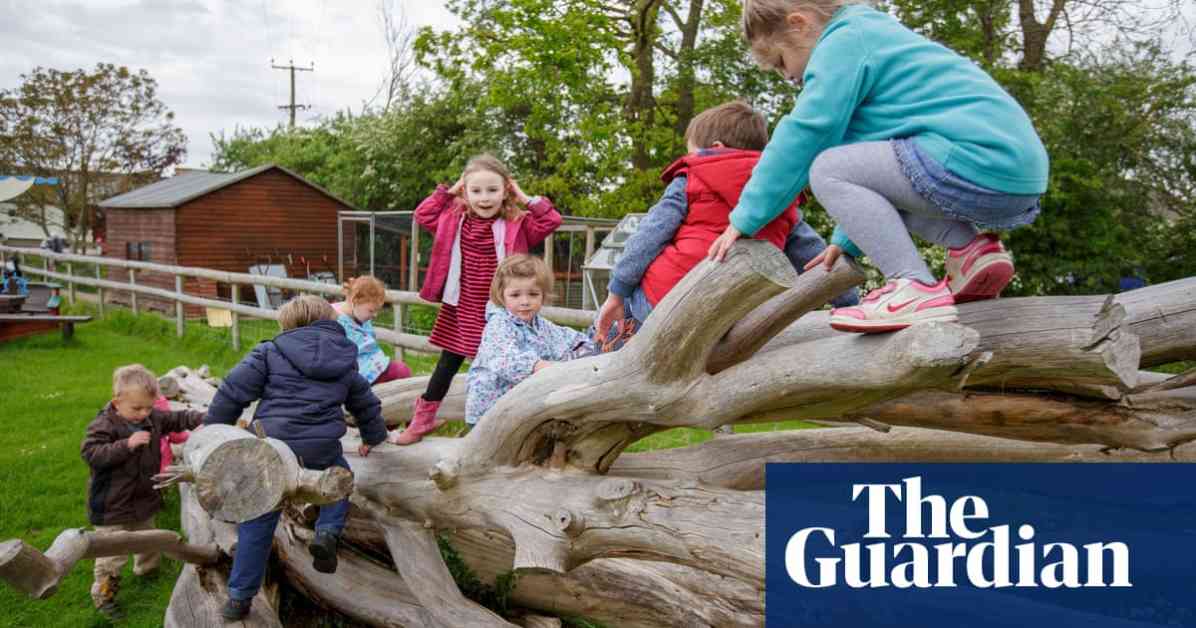A recent survey in the UK has highlighted a gender disparity in outdoor play among toddlers. The survey, which is the first national study of play among preschool-age children in Britain, found that girls play outside in nature less than boys even at the age of two. This revelation has raised concerns among researchers about the long-term implications for girls’ health, as they are less physically active as they get older and more likely to experience mental health difficulties compared to boys.
The study also uncovered disparities based on ethnicity and location. Children from minority ethnic backgrounds were found to play less outdoors than their white counterparts, and children in urban areas played less outdoors than those in rural areas. The researchers expressed worries about these inequalities in play exacerbating existing health disparities among children.
Conducted by a team from the universities of Exeter and Cambridge, the survey involved over 1,100 parents and carers of children aged two, three, and four in England, Scotland, and Wales. The participants were asked about the time their children spent playing in various locations, including at home, in a garden, on the street, in a playground, or out in green spaces. The researchers calculated the overall playtime, outdoor playtime, and “adventurous” playtime of the preschool-age children.
The findings revealed that preschool children spent around four hours a day playing, with approximately one hour and 45 minutes dedicated to outdoor play, mostly in back gardens at home. Away from home, children engaged in play at playgrounds and green spaces, with the most adventurous play typically associated with indoor play centers.
Dr. Kathryn Hesketh, who co-led the study at the University of Cambridge, expressed concern about the early age at which gender differences in outdoor play were observed. She emphasized the importance of outdoor play for physical activity and highlighted the potential disadvantage girls may face very early in life if they spend less time playing outside in nature.
Additionally, a 2012 study focusing on children aged five to 11 indicated a decline in children’s freedom to play outdoors unsupervised. The study also found that children who spent more time playing outside had fewer symptoms of anxiety and depression. Helen Dodd, a professor of child psychology at the University of Exeter, emphasized the benefits of outdoor play in nature for children’s physical activity, adventurous play, and connection with nature.
In conclusion, the survey results underscore the importance of addressing gender disparities, ethnic and location-based differences in outdoor play among preschool-age children. Encouraging outdoor play, particularly in nature, can have significant benefits for children’s physical and mental well-being, allowing them to engage in adventurous play and learn to manage feelings of uncertainty and anxiety in a playful manner.


